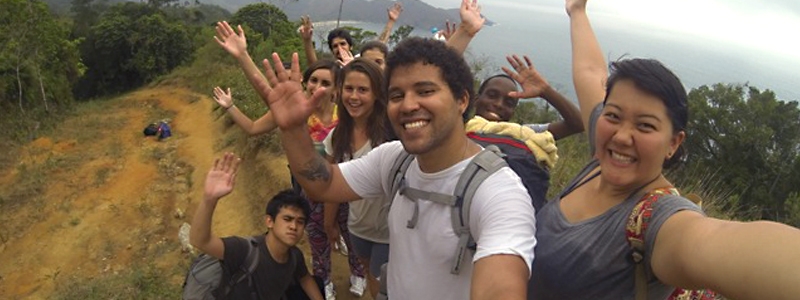Problem: Stephens began the movement in 2011 as an alternative to the traditional model of higher education, which does not always provide an education that is practical and useful for the 21st century world. In addition, in 2013 Stephens published the book "Hacking Your Education" in which he outlines that young adults should be able to learn for themselves in a manner that is free and independent, detached from traditional universities, and still be able to find employment.

Solutions: In 2013, Mr. Stephens founded Gap Year, a kind of sabbatical year, whose inaugural class was convened in San Francisco, in the United States, with participants from various countries. The Gap Year program is divided into four phases, each lasting three months. In the first phase, a group of students lives and studies together to develop meta-learning skills, which means learning how to learn with the help of the mentors. This is when students should develop themselves, perform research on general topics, such as philosophy, literature and calculus, and engage in real-world challenges, such as creating a personal website or giving a lecture. During the second phase, students are challenged to leave their comfort zones by spending three months in a strange place, preferably another country, which has a different language. This is when they will have to engage in activities that will help them to grow personally, such as work on a farm or learn a martial art. The third phase is an internship in an organization that meets the student's profile. UnCollege provides a network of contacts to the students with which they can obtain their internships. During the final phase, the students are encouraged to put their experiences to use by developing a real project that has value, such as a photography exhibition, writing a book or creating a software application. During the whole process, students participate in coaching sessions.
Outcomes: They develop knowledge about social business initiatives, sustainability, marketing, public speaking techniques, basic programming concepts and how to produce websites and blogs. Brazil established a class in 2014, which had 5 students. The second class will have 15 students. Other countries are also preparing to implement the project, such as South Africa and Canada, in 2015, and Sweden, which has yet to set a start date.





